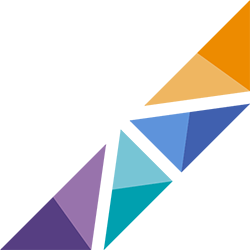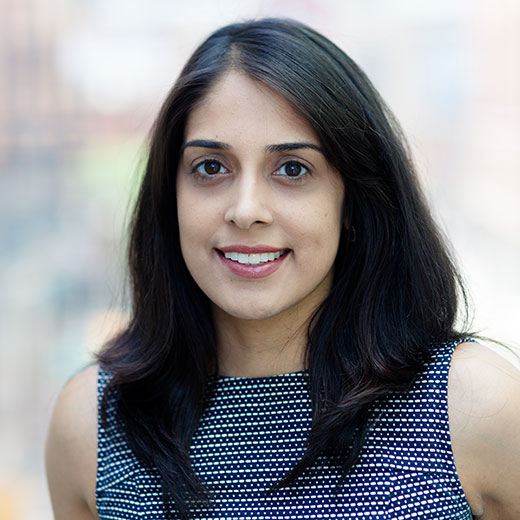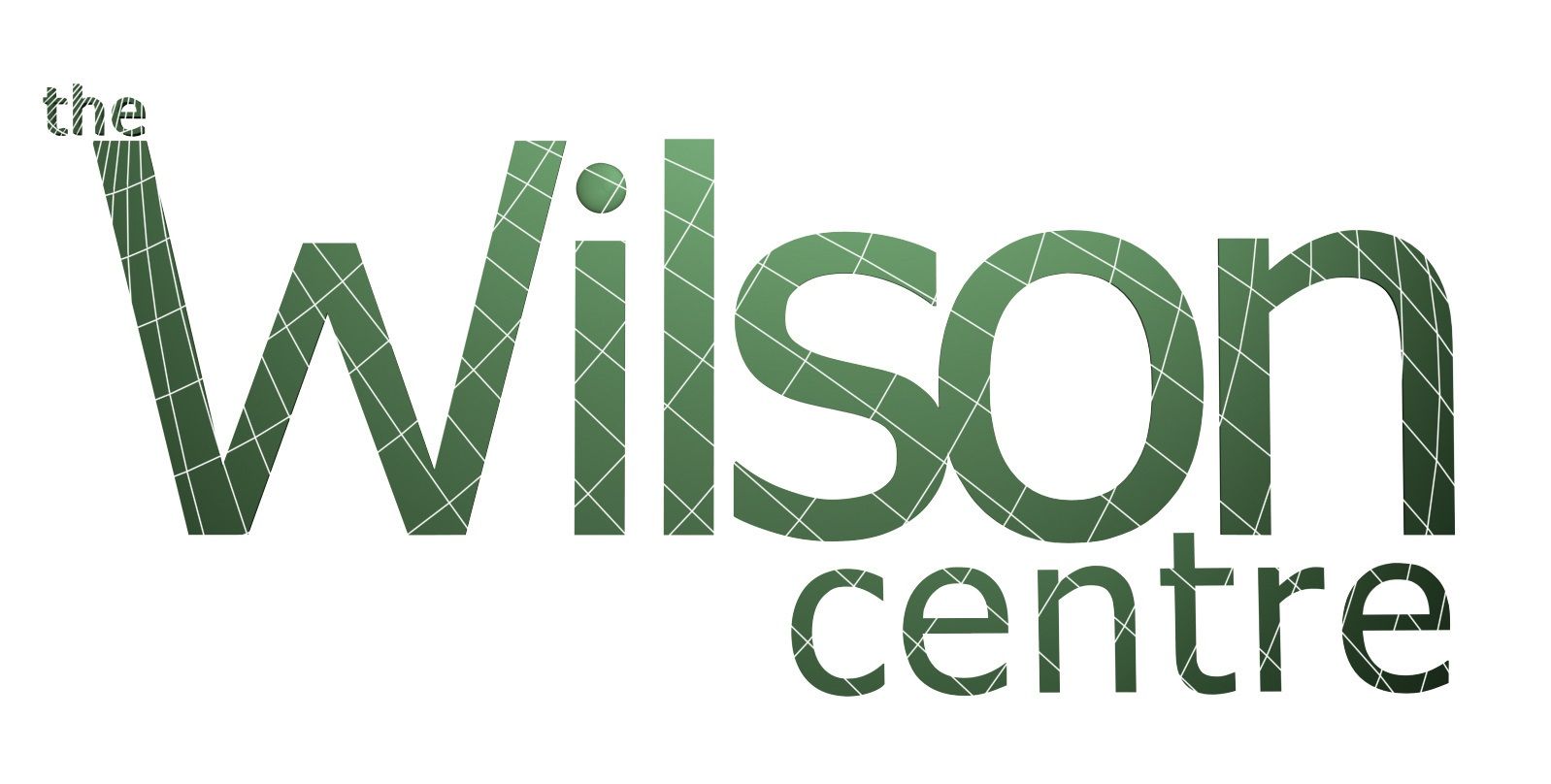Program Overview
The Education Scholars Program is a highly applied, intermediate level, 2-year program aimed at developing participants’ capacity as education scholars. This program builds on foundational concepts in health professions education and digs deeper into theory and systems level approaches.
Program Description
The overall program goal is to enhance participants’ capacity as education scholars. Working collaboratively to solve common challenges encountered in health professions education, participants will tackle the most pressing issues in:
- curriculum and program development,
- program evaluation, and
- education leadership and system change.
This will be accomplished through highly applied longitudinal projects, small and large group discussions, guided observations and other practically-oriented tasks that promote application of theoretical concepts to participants’ own education contexts. Individual coaching sessions scheduled throughout the program will also support participants in their growth as education scholars and leaders. The program is deliberately designed to build connection and community within and beyond the program.
Program Structure
- 3-day intensive in-person
- Facilitates deep exploration of topics through a variety of reflective, small and large group, case-based teaching and learning formats
- Provides a language of practice to communicate the value of education
- Fosters connection and community within and beyond the program
- Monthly in-person group sessions (3 hours each)
- Fosters application of course material to participants’ own education contexts, with a focus on how to navigate expected and unexpected educational dilemmas
- 1-2 individual virtual coaching sessions (1 hour each)
- Actively supports development of identity as an education scholar
- Advances critical thinking skills to address challenges with applying theory to practice
- Develops reflexive skills critical to their education practice.
- Independent work (approximately 1-2 hours per week)
Year 1
Unit 1: Education Scholar as Teacher
Unit 2: Education Scholar as Developer
Unit 3: Education Scholar as Evaluator
Year 2
Unit 4: Education Scholar as Change Agent
Unit 5: Consolidation
End of year: Showcase/Graduation
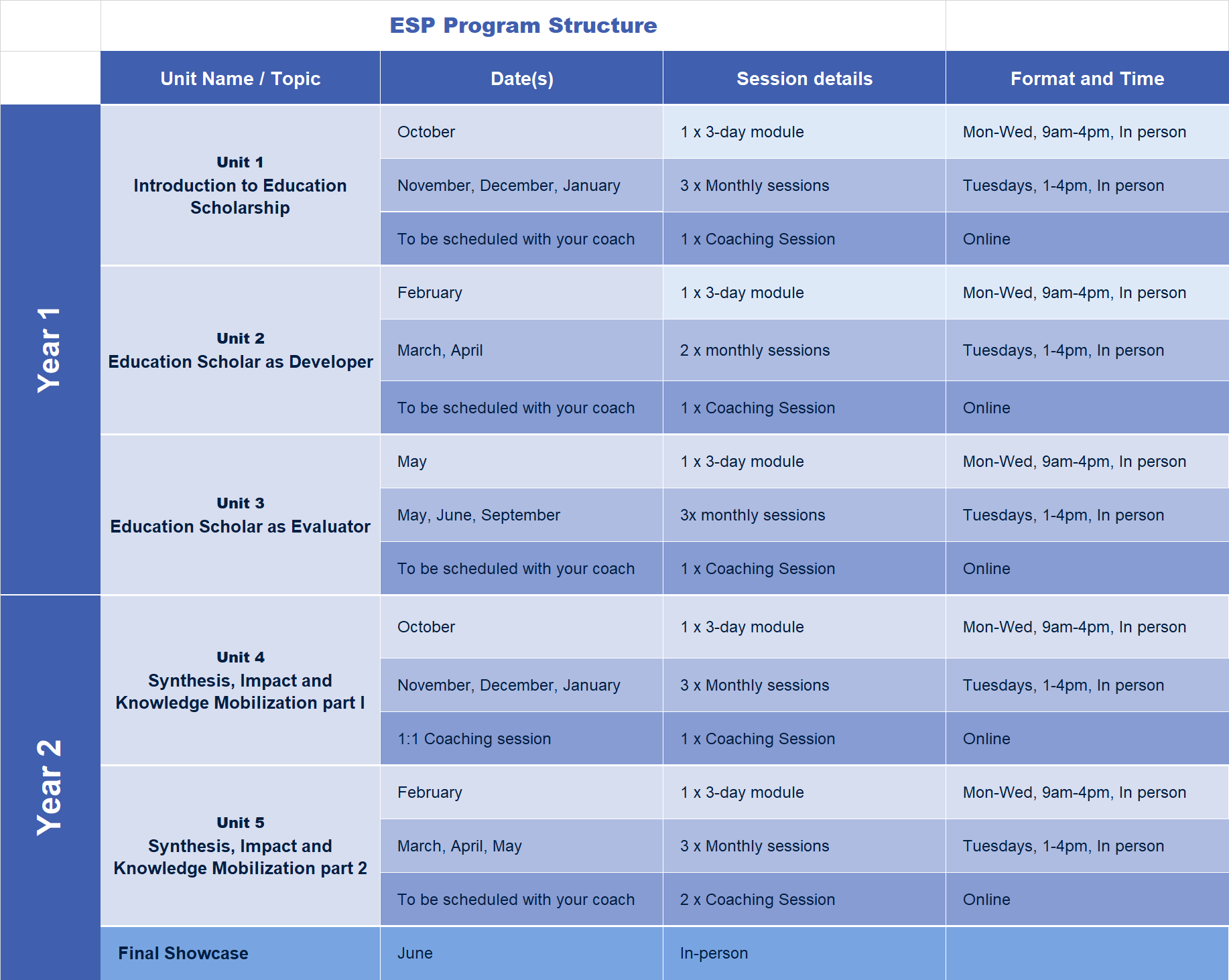
Access and Inclusion Bursary
We have established this Bursary to enhance financial support, recognizing that funding access varies across health professions and institutions. Our available funds for this Bursary vary from year to year, and therefore the number of bursaries we can award will vary and become available each winter.
For details on what funding is available and instructions on how to apply, click here.
Accreditation Details
The 2023-2024 Education Scholars Program has been accredited for up to:
- 109.0 credits College of Family Physicians of Canada – Mainpro+ credits (Group Learning)
- 109.0 credits Royal College Maintenance of Certification Section 1
- 115 hours Advanced Certificate of Completion in Continuing Professional Development
Review complete accreditation details.
CFD Membership
You can save on tuition if you add-on CFD membership to your account BEFORE you apply. For more details on membership or to register, click here.
All Education Scholars Program participants will be automatically enrolled as a CFD General Member for the academic year(s) you are in the program and in the academic year following completion of the program.
Program Team
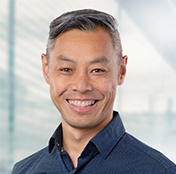
Dr. Euson Yeung is the program lead for the Education Scholars Program. Euson is a Physical Therapist and Assistant Professor in the Department of Physical Therapy at the University of Toronto with a keen interest in curriculum design and learner assessment. Since completing a Master’s of Education and PhD in education, Euson has been actively involved in curriculum and program development in the MScPT program at the University of Toronto, the Canadian Physiotherapy Association (Orthopaedic Division), and more recently with the International Federation of Orthopaedic Manual Physical Therapists. Informed by over 20 years of teaching experience, Euson’s education research and practice uses primarily a cognitivist and constructivist lens to explore how the different ways we view education can influence our approaches to designing curricula and learner assessments. Euson spearheaded the curriculum renewal process for the ESP, working collaboratively with ESP faculty to build on the success of this program.
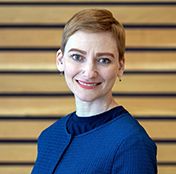
Mariangela coordinates the Education Scholars Program (ESP) and the Teaching & Learning in the Clinical Context Program (TLC). Her role involves supporting the incorporation of technology into these programs and ensuring a seamless journey for participants throughout their blended-learning experience. Mariangela holds a Bachelor in Science and a Master’s degree in Food Safety and Nutritional Quality.
Faculty
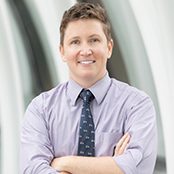
Beck is a graduate of the Gestalt Coaching Program based out of Toronto/Istanbul, and has worked in health professions education, leadership development, and coaching for 10 years. He previously served at St. Michael’s Hospital in Leadership & Organizational Development, then served as Project Manager for the Unity Health Education portfolio under Dr. Patricia Houston and Bev Bulmer. He left for a few years to serve as Director of Organizational Development at The 519 Church Street Community (*2SLGBTQ+) Centre, and as the lead for the City of Toronto’s Equity, Diversity and Inclusion (EDI) learning program for staff, regularly teaching with the CFD in areas of power, privilege and EDI. He is now back at Unity Health, serving as the Educational Development Lead, Access and Inclusion, at the Centre for Faculty Development.
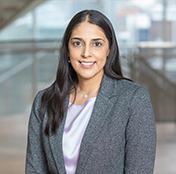
Dr. Latika Nirula, CFD Director, has held a number of senior leadership roles across the academic health system, which have spanned the areas of Education, including faculty development, simulation, digital learning, education evaluation, and curriculum development. She has a deep interest in how brief solution-focused coaching can enhance conversations in the workplace, and has completed a program in Brief Coaching at OISE/UT. Additionally, Latika holds a PhD in Developmental Psychology and Education
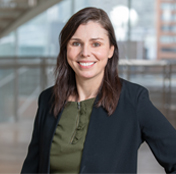
Lindsay Baker is the Associate Director, Curriculum Integration and Partnerships at the Centre for Faculty Development. Her work focuses on the purposeful integration of her curriculum development, teaching and qualitative research expertise to develop ethical, competent, and compassionate faculty. At an overarching level, her research uses constructivist and critical approaches to examine the boundaries and relations between disciplines, professions, and knowledge communities. Similarly, she integrates constructivist, transformative, and critical pedagogical approaches to education in my faculty development practice. She recognizes the importance of valuing multiple forms of knowledge and ways of knowing and understanding and try to weave this philosophy through her work.

Ryan is a Scientist and The Wilson Centre and Director of Research at the Allan Waters Family Simulation Centre. Ryan uses theories from educational psychology to understand how to conceptualize and measure how learners’ goals, strategies, and beliefs influence their learning processes and outcomes. The ultimate goal of his research is to translate this understanding to design training environments that prepare clinicians to be effective in their future lifelong learning. He typically situates his studies in the contexts of healthcare simulation and other technology-enabled education, and has also expanded to study how learning in these settings transfers to workplace-based learning.
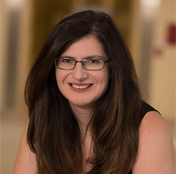
Dr. Maria Athina (Tina) Martimianakis is Professor and Director of Medical Education Scholarship at the Department of Paediatrics, and Scientist and Associate Director Collaborations and Partnerships at the Wilson Centre, University of Toronto. Tina studies the material effects of discourse and the socio-politics of education with a particular focus on how we influence learning and the construction of health professional identities through structure, culture and discourse. Her work has explored the effects of discourses such as globalization, collaboration and compassion in health professional education. Her educational practice is closely aligned to her research program. As an educator, Tina employs critical and social cultural pedagogies to develop programming to address hidden curriculum effects, improve the learning environment and to enable health professionals to incorporate complex negotiations of the social world in their educational planning and implementation.
Coaches
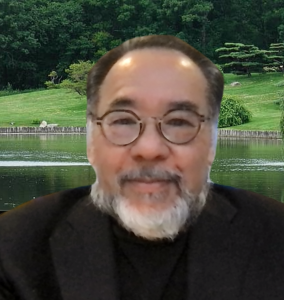
Arno Kumagai is Professor and Vice Chair for Education, Department of Medicine at the University of Toronto.He also holds the F.M. Hill Chair in Humanism Education at Women’s College Hospital, University of Toronto, where he has a clinical practice focused onworking with individuals with type 1 diabetes. Arno received his BA in Comparative Literature from U.C. Berkeley, and his MD from UCLA. He finished his Internal Medicine Residency, Endocrine Fellowship and postdoctoral training in the UCLA system and was on faculty at the University of Michigan Medical School from 1996 to 2016. He joined the University of Toronto’s Department of Medicine as Vice Chairin2016. Arno has long-standing interests in mentorship, particularly of learners and faculty from historically marginalized groups, faculty development and medical education scholarship, with a focus on health humanities, humanism, dialogue and transformative learning, and teaching for social justice in medicine
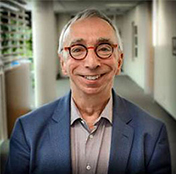
Dr. Ivan Silver has had a career long interest in faculty development particularly the development of our next generation of health professional teachers and supervisors. He is an award winning teacher and medical educator, a Geriatric Psychiatrist at CAMH and a full Professor in the Department of Psychiatry. Ivan was the inaugural director of the Centre for Faculty Development (2002-2009), the Vice-Dean of CPD at the University of Toronto (2005-2011) and the VP of Education at CAMH (2012-2018).He is continuing his scholarship in the areas of feedback, life-long learning and more recently late-career transitioning.
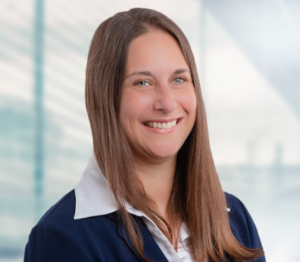
Jaimie Coleman is a physiotherapist and an Assistant Professor, Teaching Stream in the Department of Physical Therapy, University of Toronto. Jaimie is an Academic Lead for cardiorespiratory physical therapy pre-clinical course. She is also the graduate coordinator where she is passionate about coaching and supporting students as they progress through the MScPT program. Jaimie has a strong interest in coaching, completing the Foundations of Brief Coaching course through OISE’s continuing education offerings. Jaimie began her career at St. Michael’s hospital where she was an experienced clinical instructor. She completed a Master of Health Management at McMaster University in 2019 and is currently a PhD student in the Health Professions Education Research (HPER) doctoral concentration offered by the Institute of Health Policy, Management and Evaluation (IHPME), Dalla Lana School of Public Health, University of Toronto, in collaboration with the faculty of the Wilson Centre. Her research interest is understanding mechanisms of effort regulation in on - line learning environments. Jaimie also works as a casual physiotherapist at Trillium Health Partners.
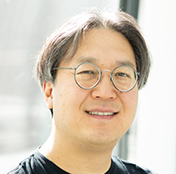
Dr. John Teshima is a Child and Adolescent Psychiatrist, working on an adolescent inpatient unit at Sunnybrook Health Sciences Centre. He is an Associate Professor in the Department of Psychiatry, University of Toronto and is a Clinician-Educator. He completed his medical school, Psychiatry residency, and a fellowship in medical education at the University of Toronto. He also completed his Master’s of Education at the Ontario Institute for Studies in Education at the University of Toronto. John enjoys teaching at all levels of education, from medical students through to practicing professionals. He has a strong commitment to faculty development, having been the inaugural Director of Faculty Development for the University of Toronto’s Department of Psychiatry. He was also the first Canadian to be President of the Association for Academic Psychiatry, the leading international organization that focuses on teaching and faculty development in Psychiatry.

Dr. Laura Dempster is a Professor at the Faculty of Dentistry, University of Toronto. As an academic, she directs courses in Communication Skills and Behavioural Science in the undergraduate dental curriculum and co-directs courses in Research Methods and Dissemination and Oral Health Seminars to graduate specialty and biomedical students. Laura leads the Education Research theme at Dentistry and held the inaugural Kamienski Professorship in Education Research. She also contributes as a Wilson Centre Scholar at the Wilson Centre for Research in Education. Her program of research focuses on teaching and learning, dental anxiety, and dynamics of the clinician/patient relationship, including communication, trust, and patients’ experience. Laura is also committed to faculty development and chairs Dentistry’s FD Committee and co-chairs the Faculty Development Leads Committee at CFD with Latika Nirula. For many years Laura has played an active role in both the Association of Canadian Faculties of Dentistry (ACFD) and its American counterpart, the American Dental Education Association (ADEA), with a longstanding involvement in the International Association of Dental Research (IADR) Education Research Group. She is a Past President of the Ontario Dental Hygienists Association (ODHA), the ACFD, and the IADR Education Research Group. She continues to contribute to dental education, research and scholarship in these and other groups locally, nationally and internationally.
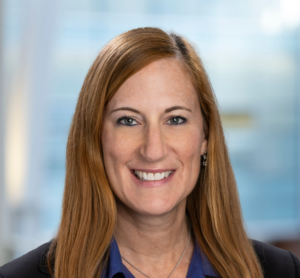
Lynne Sinclair is a Physiotherapist and the Senior Consultant: Partnerships & Innovation at the Centre for Advancing Collaborative Healthcare & Education (CACHE), University of Toronto. She has over 30 years of experience with the Temerty Faculty of Medicine at the University of Toronto and currently holds an Assistant Professor appointment with the Department of Physical Therapy. She completed her BSc (PT) at Queen’s and her Masters of Arts in Adult Education with a specialty in Workplace Learning and Change at the Ontario Institute for Studies in Education at the University of Toronto. Lynne is an award-winning faculty/professional development educator. She was one of the founding leaders that helped create the Centre for IPE in 2009 and one of the original faculty developers and remains the co-director of the ehpic™(Educating Health Professionals in Interprofessional Care) program in 2005. Lynne recently finished a large three-year project co-leading a Coaching Academy for the Ontario Health Teams (OHTs) as part of the ADVANCE Central Support for OHTs. Lynne has deep experience with curriculum development, program evaluation, as well as supporting learners with leadership and system change. She considers herself to be a facilitator of learning across the continuum and strives to foster excitement and empowerment for others to develop their identity as educators and leaders.
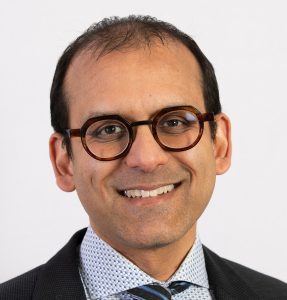
Dr. Sacha Agrawal is Associate Professor in the Department of Psychiatry at the University of Toronto and Staff Psychiatrist in the Division of Schizophrenia at the Centre for Addiction and Mental Health (CAMH), where he works as a member of two Flexible Assertive Community Treatment teams. Sacha's education scholarship interests are in the areas of health equity, adaptive expertise and the meaningful involvement of people with lived experience as educators in the health professions . He serves as Advisor for Inclusion and Co - production at the Centre for Advancing Collaborative Healthcare and Education (CACHE) and is a faculty member of the Collaborative Change Leadership program
Contact
Euson Yeung
Program Lead
euson.yeung@utoronto.ca
Mariangela Palumbo
Education Coordinator, Technology Integration and Programs
mariangela.palumbo@unityhealth.to
Level: Intermediate
Who should apply: The Education Scholars Program is best suited for individuals with foundational experience in health professions education and are looking to deepen their skills in educational scholarship, leadership, and systems-level change.
Ideal applicant characteristics include:
- Mid-career professionals in health professions education
- Educators seeking growth in leadership
- Practitioners looking to address real-world challenges
- Team-oriented problem solvers
- Committed to longitudinal learning
- Interested in building professional networks
Location: Online and in-person
Program length: 2 years
Cohort size: up to 24 participants
Upcoming dates:
Applications are closed. The next cohort is scheduled to start in October 2025.
Fees:
$13,820.00 for CFD members
$13,925.00 for non-members
Participants can choose to pay the tuition in a single lump sum or divide it into two payments.
CFD Membership is not the same as a CFD Account. CFD Membership is an ADD-ON. For the discounted member tuition rates above, register for annual General Membership here.
General membership is $90/year. It is free for Unity Health Toronto staff, physicians, learners, and patient/family partners and Temerty Faculty of Medicine, University of Toronto staff, faculty (incl. status only) and learners.
Certificate: Participants will receive a certificate of completion.
Share this Program
Upcoming Events
-
 18SepStepping Stones is our foundational program at the CFD, supporting health professionals in their education roles and activities including teaching, education scholarship, advocacy and academic leadership.
18SepStepping Stones is our foundational program at the CFD, supporting health professionals in their education roles and activities including teaching, education scholarship, advocacy and academic leadership. -
 29SepThe program is designed for people in an academic health science context who are committed to becoming change agents in their spheres of influence and beyond by centering principles of equity, diversity, inclusion, Indigeneity and accessibility in their leadership practice. This program is intended for those who are committed to challenging the status quo, and looking to develop tools, skills, and evolving practices to positively shape our future academic health sciences system.
29SepThe program is designed for people in an academic health science context who are committed to becoming change agents in their spheres of influence and beyond by centering principles of equity, diversity, inclusion, Indigeneity and accessibility in their leadership practice. This program is intended for those who are committed to challenging the status quo, and looking to develop tools, skills, and evolving practices to positively shape our future academic health sciences system. -

FAQs
Q. How do I create and/or activate my account to log into the site?
Q. Is there a cost to attend your programs?
A. There is a cost to participate in some of our programs. The cost of each of our programs varies and in some cases, the cost varies depending on your status with the Temerty Faculty of Medicine at University of Toronto and/or in which hospital you work as well as whether or not you have an annual CFD Membership.
Q.I do not have a faculty appointment in the Temerty Faculty of Medicine at the University of Toronto. Can I still attend your workshops, programs and/or events? Is there a fee?
A. Anyone whose education activities include teaching, leading, scholarship and advocacy are welcome to attend our workshops, programs and/or events. Specific pre-requisite criteria may apply. Please refer to each workshop, program or event page for details. All fees and discounts (where applicable) can be found in the workshop, program and event pages.
Q.I am interested in having one of your workshops offered at my home site/department. Do you offer this type of service?
A. Please contact us for further information. The availability of this service is dependent on the resources and capacity of the CFD at the time the request is made.
Q: Is having a CFD Membership the same as having a CFD account?
A: No, a CFD Membership is not the same as a CFD account. However, in order to complete your CFD Membership registration you will be prompted to create a CFD account if you do not already have one. To register for a CFD General Membership and create your account click here.
Need more help?
Our Programs
The CFD offers a number of exceptional programs to meet current and emerging faculty development needs across the health system. View the full listing of CFD’s programs to determine which may best meet your interests and needs.
